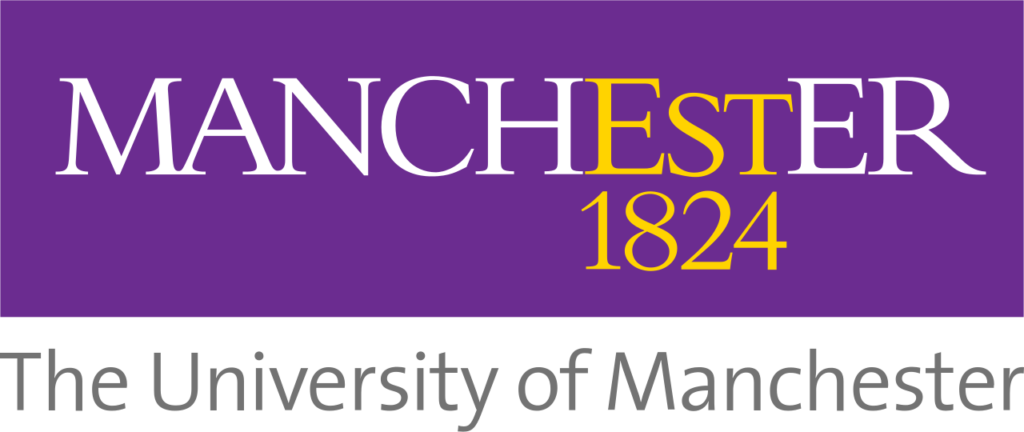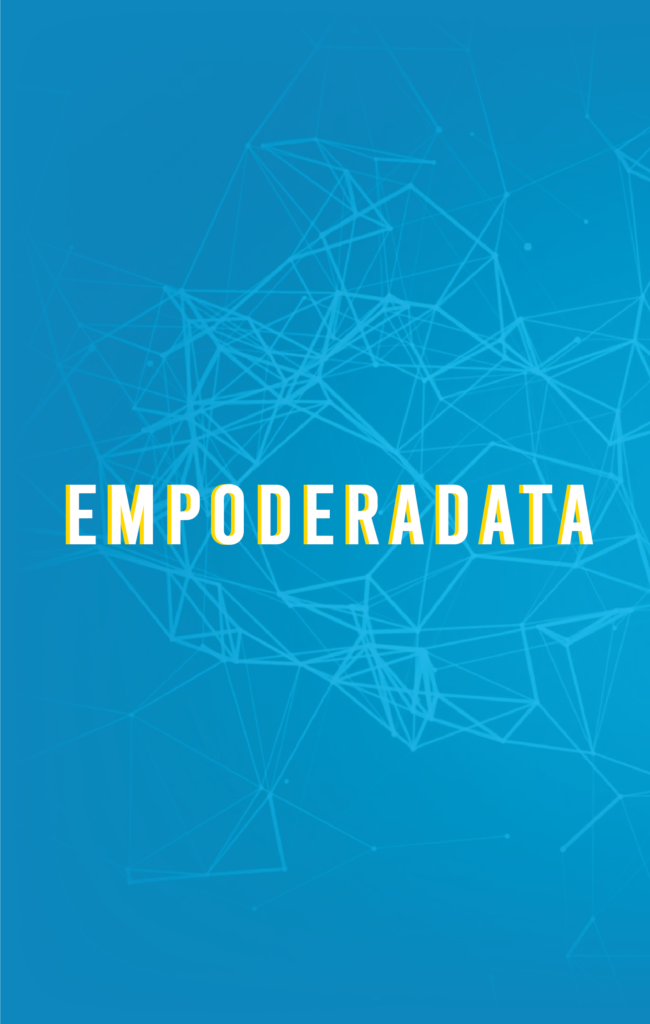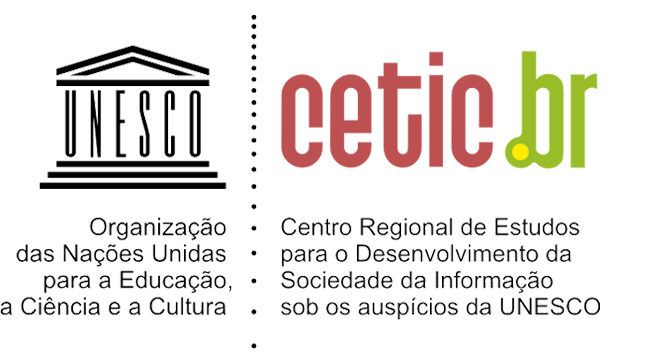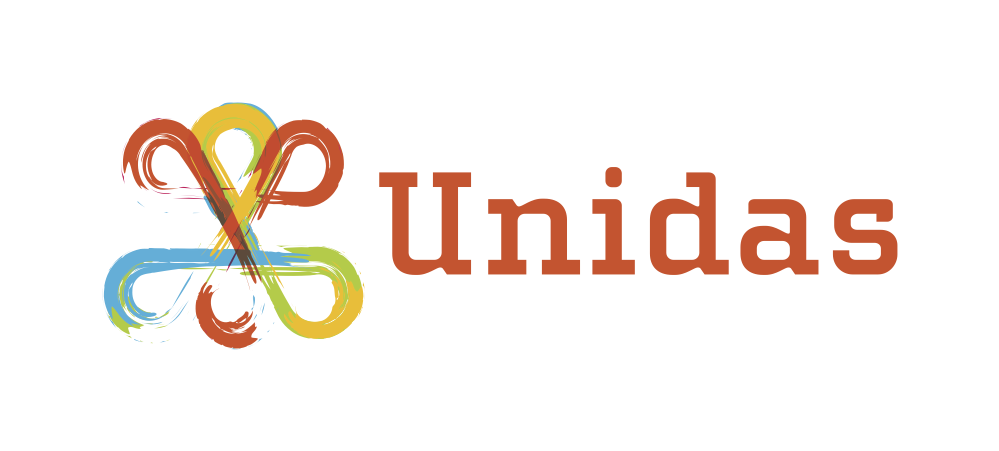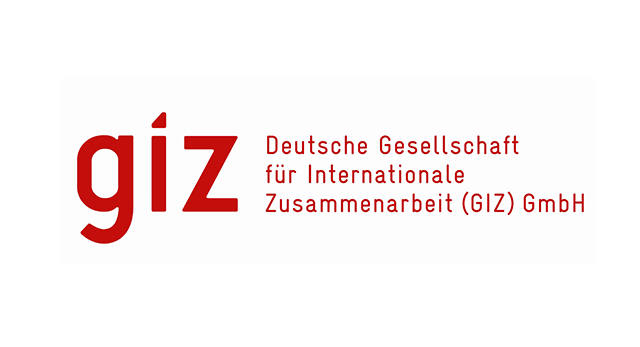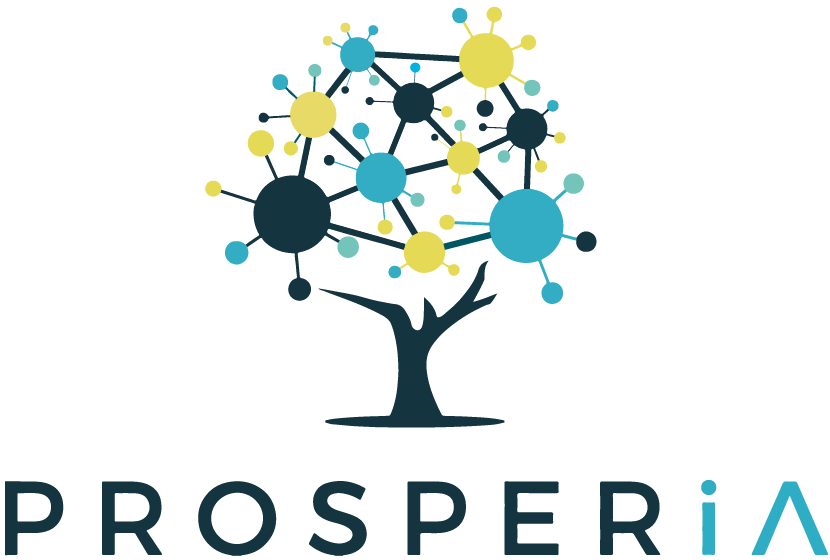Brazil
Overview
Being the one of the largest as well as one of the most unequal countries in the world, Brazil has struggled to bring forth equal living standards for the whole of its population. Although the country had been diminishing its poverty rate up to 2014, when less than 6 million people were living in extreme poverty, poverty spiked after the huge economic crisis faced that year. As of 2019, there were more than 13,5 million people living in extreme poverty.
Another salient issue in Brazil is violence against women and gender disparities, being the 5th country with the highest rate in femicides. During the COVID-19 pandemic, and in the context of confinement measures, this rate went even higher by an average of 22% in all 12 states. In cities like São Paulo, police calls to report domestic violence increased by 44%.
Given this situation of increased inequality and poverty in the country, there is a fundamental need of finding new methods and strategies to deal with and solve social development issues. In this sense, Data-Pop Alliance has developed and implemented several projects in Brazil using a data literacy approach, and is furthermore expanding its work to other realms of research and policy. Find out more about our projects in the country below.
Diagnose
EmpoderaData: Data Literacy Report
One of the stages of the EmpoderaData project, of which you can read further on the Mobilize section below, involved the production of the report “EmpoderaData: Data Literacy Assessment and Sustainable Development Goals”.
The purpose of this document is threefold: (1) understand the unmet needs in terms of data literacy skills, (2) recognize to what extent might a data literacy capacity building model can be helpful to develop these skills and last to dig up (3) in the current state regarding data availability for monitoring and evaluation of the SDGs in the three countries: Mexico, Colombia and Brazil.
Mobilize
EmpoderaData
EmpoderaData, from the Portuguese word empoderar for to empower, builds upon the success of the Q-Step program. Q-Step, for Quantitative Step, was developed as a strategic response to the shortage of quantitatively-skilled social science graduates in the United Kingdom. Together with the University of Manchester (UoM), we are expanding upon the program’s excellent results, exploring this model in the Global South as the “EmpoderaData Project”. This initiative aims to promote a virtuous cycle of social transformation by fostering data literacy skills applied to addressing our society’s most pressing issues in the framework of the Sustainable Development Goals (SDGs).
To kick-off this initiative, DPA, UoM, and Fundação Getulio Vargas EAESP (FGV) jointly organized a workshop on Data Literacy and SDGs in Latin America. The workshop followed an open seminar on “Big Data for Social Good” which gathered over 80 participants from different sectors and discussed ongoing initiatives leveraging ‘big data’ for research and public policy in Brazil and Latin America at large. As a result of the workshop, a community of practice has been formed and participants have been invited to private working groups on Slack. Read an article about this event in Folha de São Paulo here, or learn more about the EmpoderaData event here.
Workshop with IBGE & ECLAC
On November 2019, Data-Pop Alliance, ECLAC and IBGE conducted the first technical workshop in Rio de Janeiro. This was the first time that Data-Pop Alliance organized a three-day training tailored particularly for the needs of the staff at the Brazilian National Statistical Office (IBGE). The goal was helping them to build and strengthen internal capacities to leverage web data collection and analysis in their projects.
Workshop with CETIC & NIC
Data-Pop Alliance has offered trainings in São Paulo with the Regional Center for Studies on the Development of the Information Society (CETIC) and the Brazilian Network Information Center (NIC) annually from 2016 through 2019. The most recent edition included a session by Emmanuel Letouzé titled “Data for public statistics: Data Science, Big Data & Artificial Intelligence” in May 2019. View the presentation here.
Workshop "Big Data, Digital Economy and Sustainable Development" with ECLAC
In September 2017, Data-Pop Alliance conducted a training in conjunction with the UN Economic Commission for Latin America and the Caribbean (ECLAC) in São Paulo. Over three days the more than 40 participants learned to develop and implement Big Data innovation projects, policies, and partnerships in support of sustainable development objectives.
Click below to find more information on our capacity building workshops.
Transform
Reporting and Registering Domestic Violence Against Women and Girls in São Paulo and Bogotá: A Data-Driven Model
This project, developed between 2020 and 2021, aims to contribute to a better understanding of the factors that impact the reporting and registering of domestic violence against women and girls, particularly in the context of the COVID-19 pandemic. To achieve this goal, an analytical model was developed that uses traditional and non-traditional data to identify the multidimensional capabilities to report and register domestic VAWG at the locality level in Bogotá and São Paulo.
The project was developed with the support of Unidas, a network launched by the German Federal Foreign Office to foster dialogue between members and allies whose goal is to create equal opportunities and gender justice.
AI for mapping poverty hotspots in Brazil
“Better data” is considered a key element to foster evidence-based policy, including targeting of social programs. One of the greatest challenges for inclusion in social programs throughout the country remains the “busca ativa” (active search) of potential beneficiaries, in particular those most marginalized.
The objective of this project is to produce a pilot data product, leveraging Prosperia Lab’s technology for building high-resolution socioeconomic maps of large urban areas, based on high-resolution satellite imagery and artificial intelligence methods. In particular, the project aims at mapping extreme-poverty at low cost and throughout Brazil’s metropolitan areas. These maps in turn can constitute critical information for improving decisions of public institutions regarding where to deploy their social workers on the field, and ultimately reach the most marginalized populations. This proactive outreach is called “busca ativa”, and is considered one of the cornerstones of targeted social policies towards the end poverty (SDG 1).
This project is co-led with Prosperia Labs, with funding from the MIT Sloan Office for Latin America.

